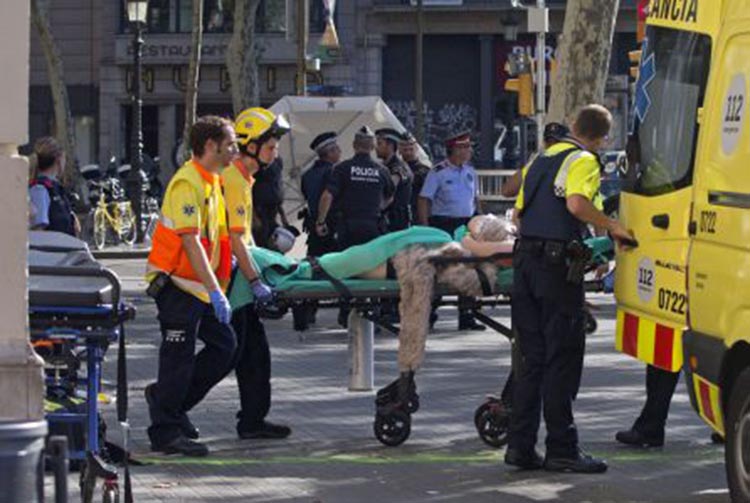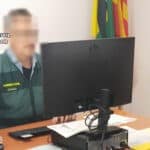The independent road safety charity IAM RoadSmart is urging drivers to up their game and be more alert for other road users, as pedestrians now make up a quarter of all deaths on our roads, ahead of motorcyclists or cyclists. Only car occupants have a worse record.
According to Department for Transport figures in 2016, some 448 pedestrians lost their lives, a rise of 10% over the previous year – which is the biggest increase for any group of road users. The DfT figures say in 42% of crashes the driver “failed to look” and this rises to 54% for the pedestrians themselves – showing the responsibility is not always one-sided.
Observing, anticipating and planning will save lives on the roads, as a fifth of drivers “failed to judge the other person’s path or speed” in car collisions – and for pedestrians who made the same wrong choice just before a fatal or serious impact it was 17%.
Neil Greig, Director of Policy and Research for IAM RoadSmart said: “Often people like to blame one sector for the causes of accidents. What is clear, and has always been so, is that we all play a part in each other’s safety whatever we are driving or riding, and whether we are on foot or not.”
But Neil pointed out that while blame may not be easy to apportion, the fact a car versus pedestrian crash is an unequal match means drivers must take on a special responsibility for looking out for the safety of those on foot.
He said: “We are all pedestrians at some time so no matter how fast-paced our lives might be, we all need to remember that those on foot are extremely vulnerable.
“Pedestrians being “careless, reckless or in a hurry” was a contributory factor in a quarter of accidents where a pedestrian was injured or killed. Observing the body language of pedestrians will give drivers a clue of their intentions, for example, a pedestrian looking over their shoulder may be looking for a suitable gap to cross the road and anyone with their head buried in a smartphone or wearing headphones is at extra risk.”
The charity pointed out that both drivers and pedestrians are guilty of misjudging gaps and distances, and choosing to ‘go for it’ just at the wrong point. This makes it all the more important for drivers to be on heightened alert – and to ‘expect the unexpected.’
Neil said: “Research on vision has found children of primary school age find it very difficult to accurately see or judge the speed of vehicles.
“Slowing down around pedestrians and constantly scanning for clues to their intention is essential if we are to reduce the growing toll of pedestrian fatalities on our roads. As drivers we have an advanced safety shell around us, pedestrians only have flesh and bone.”





